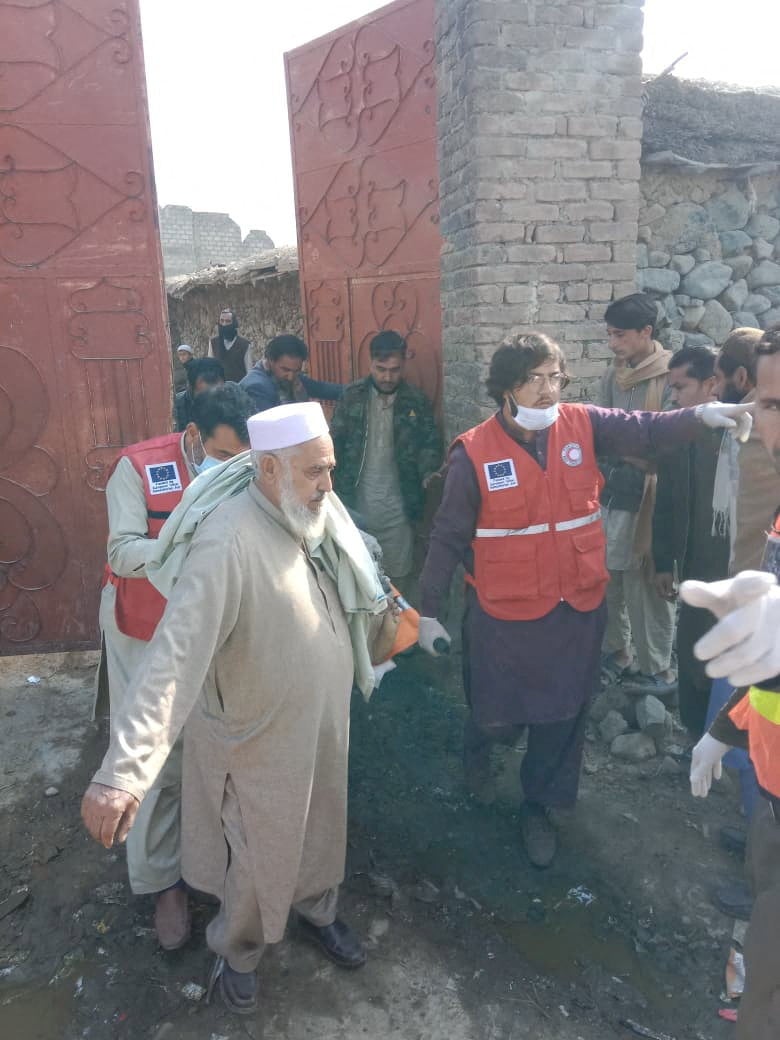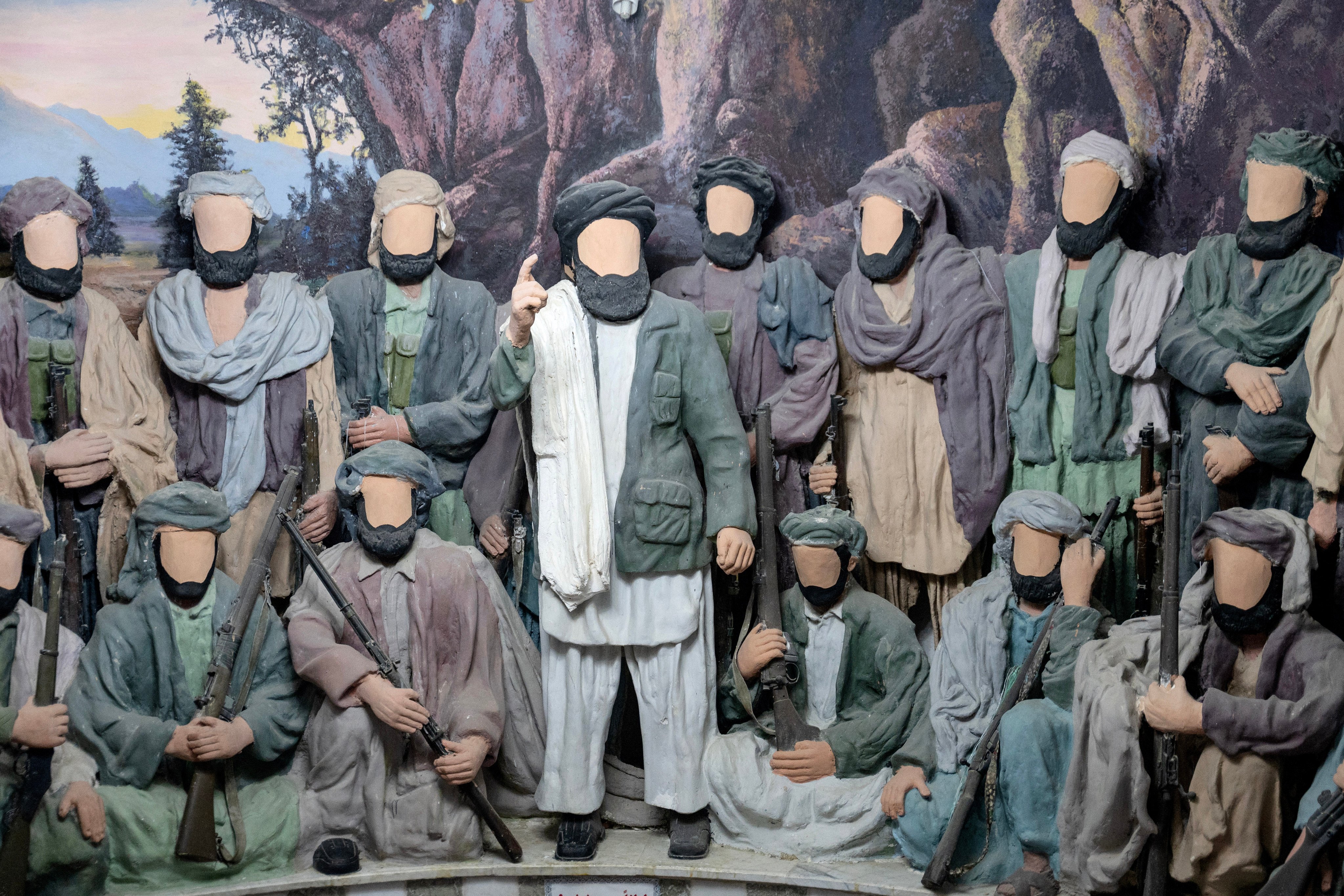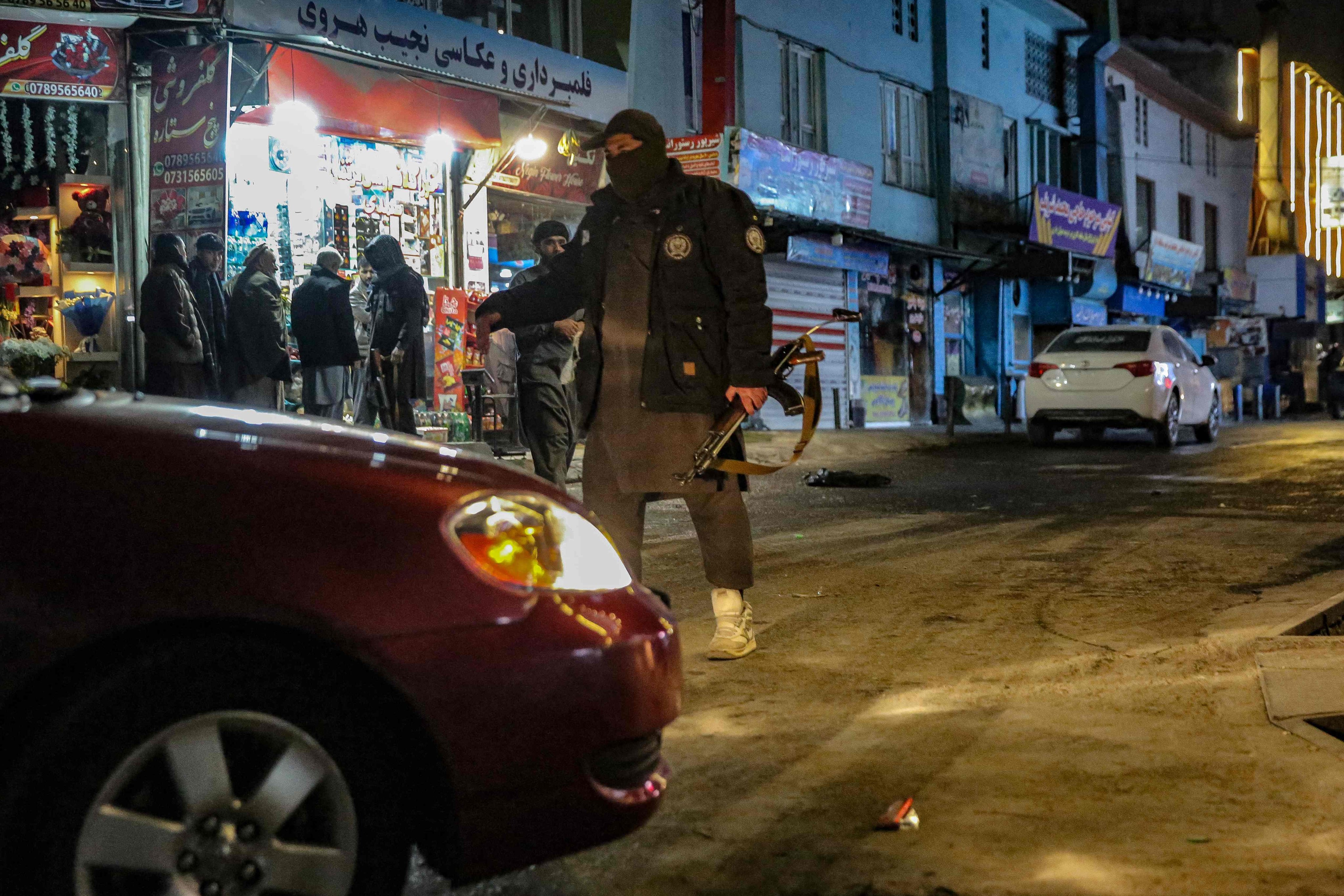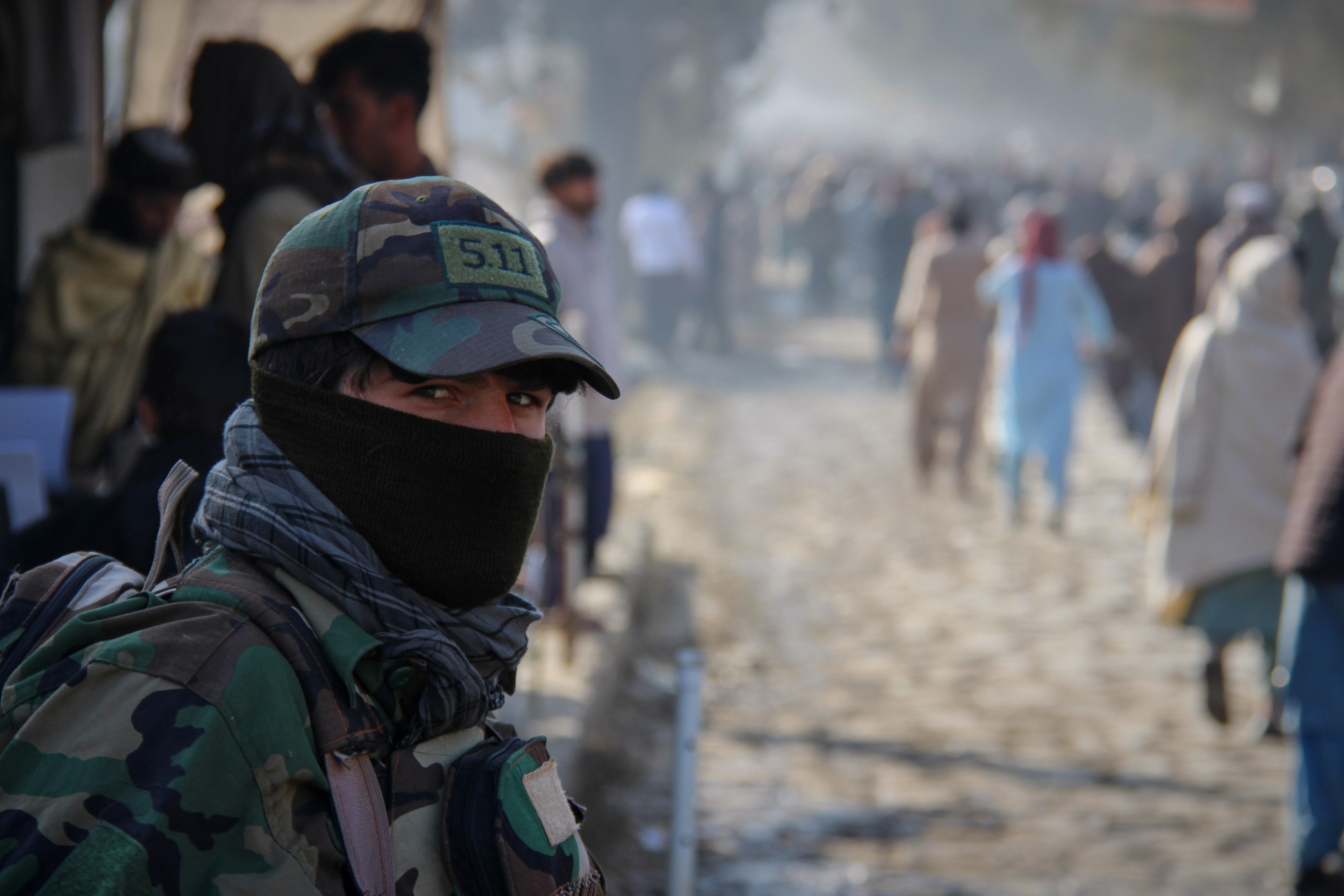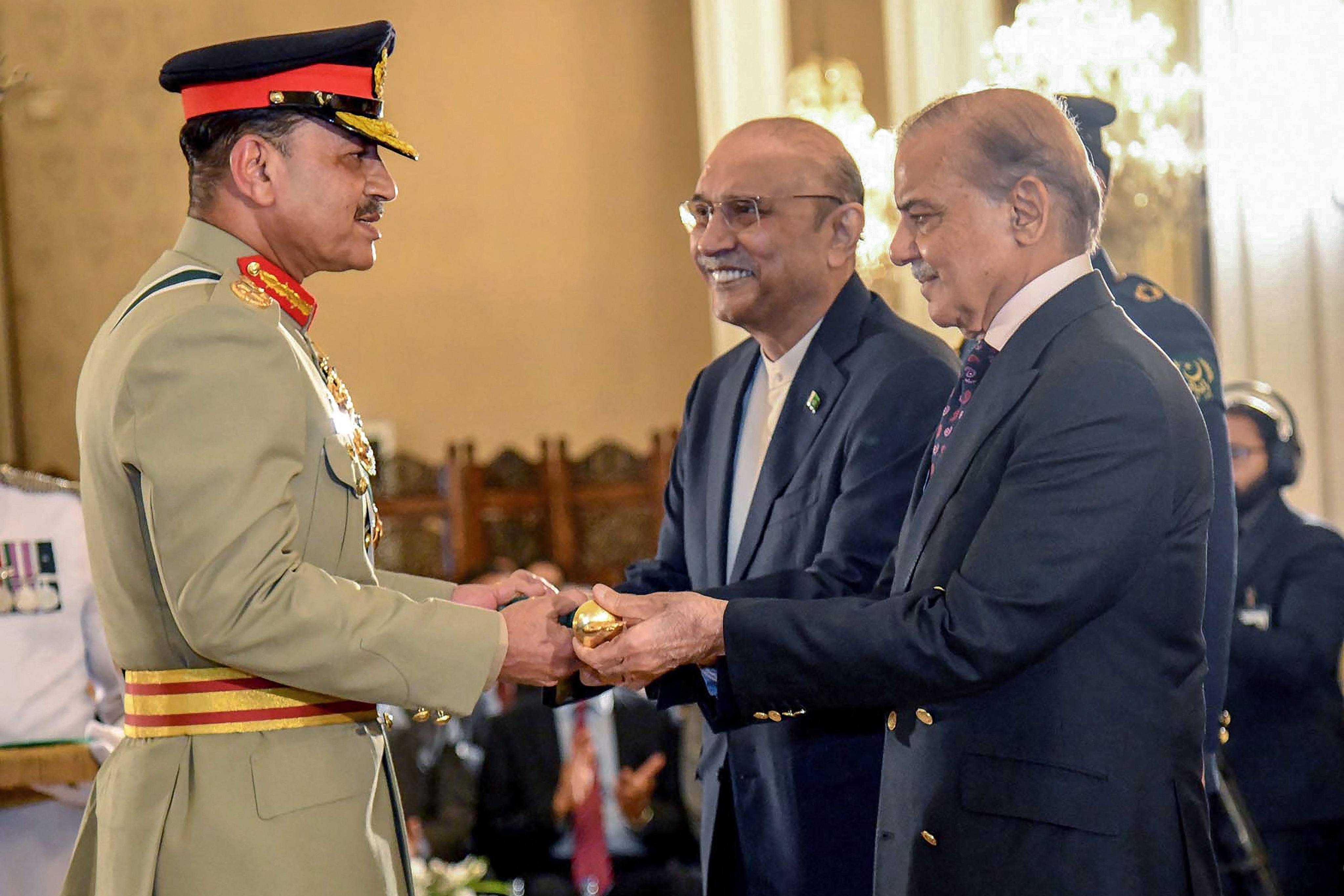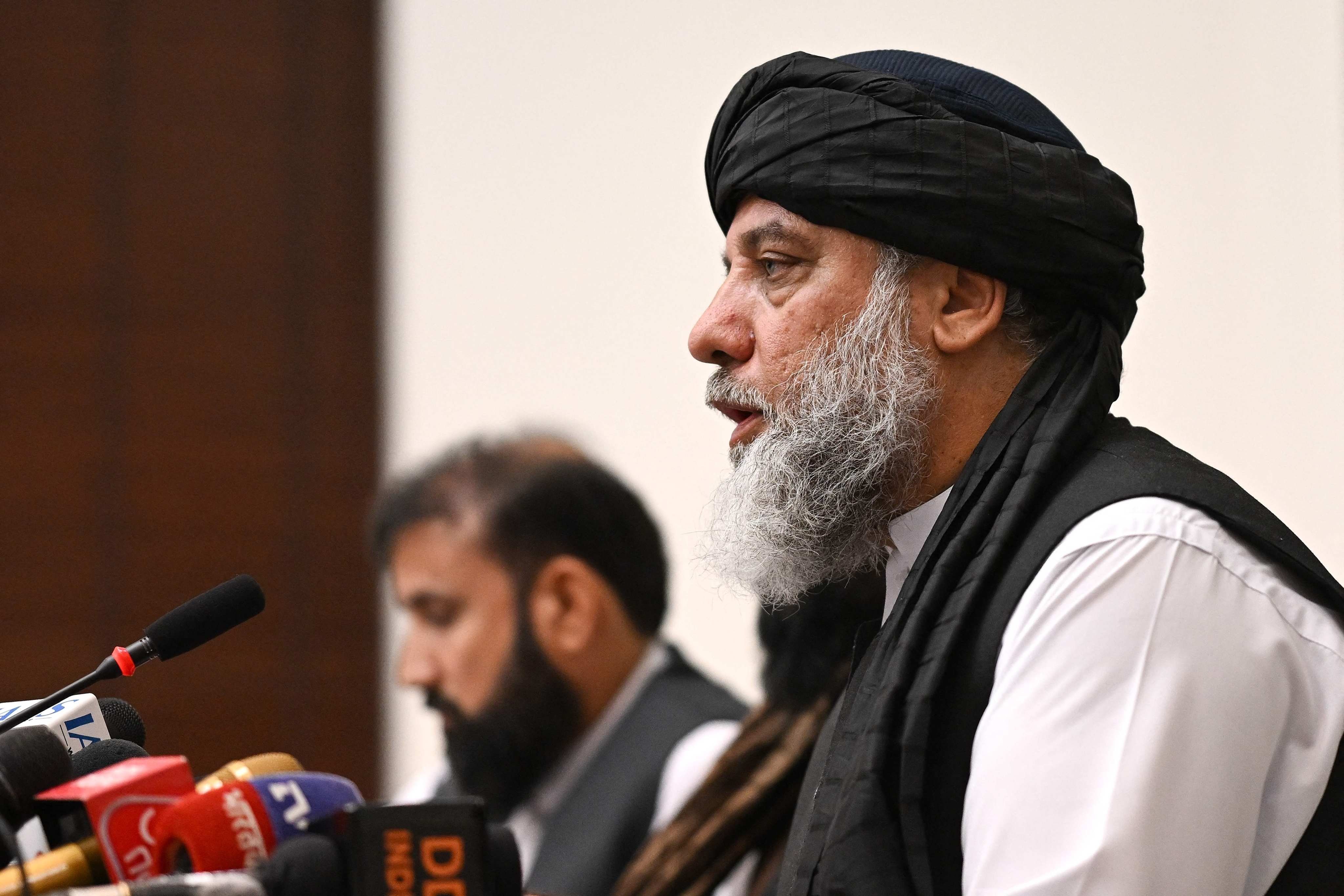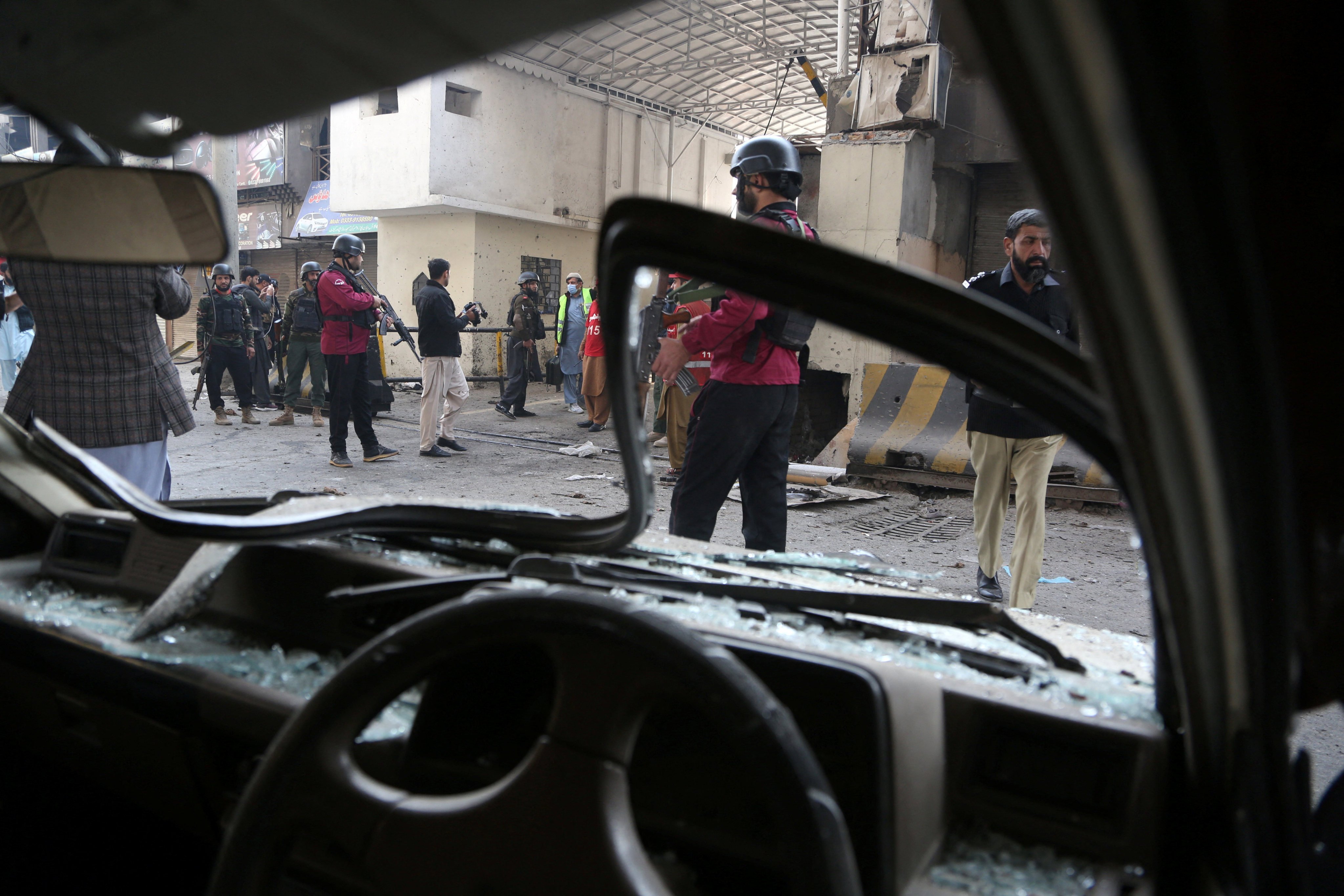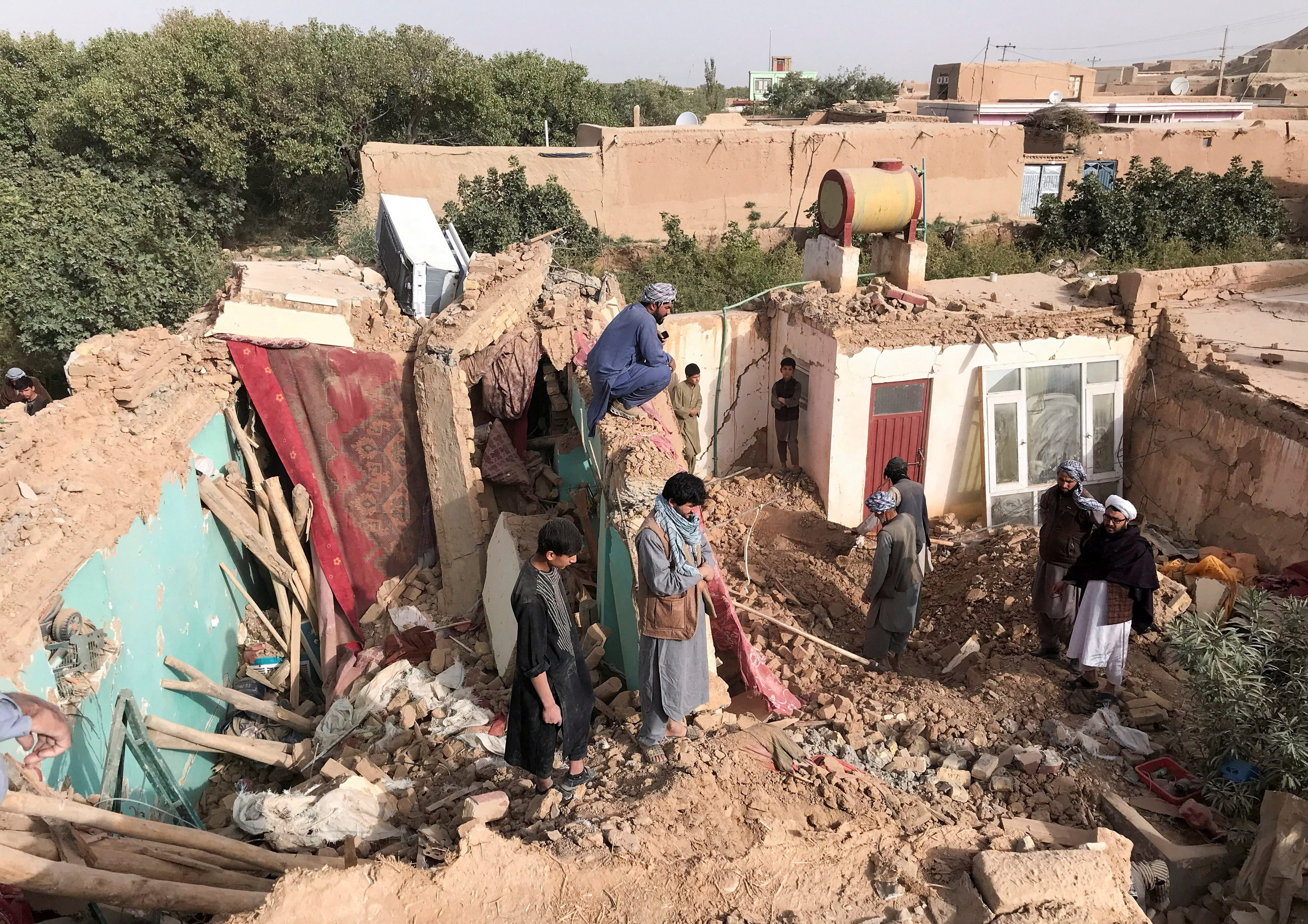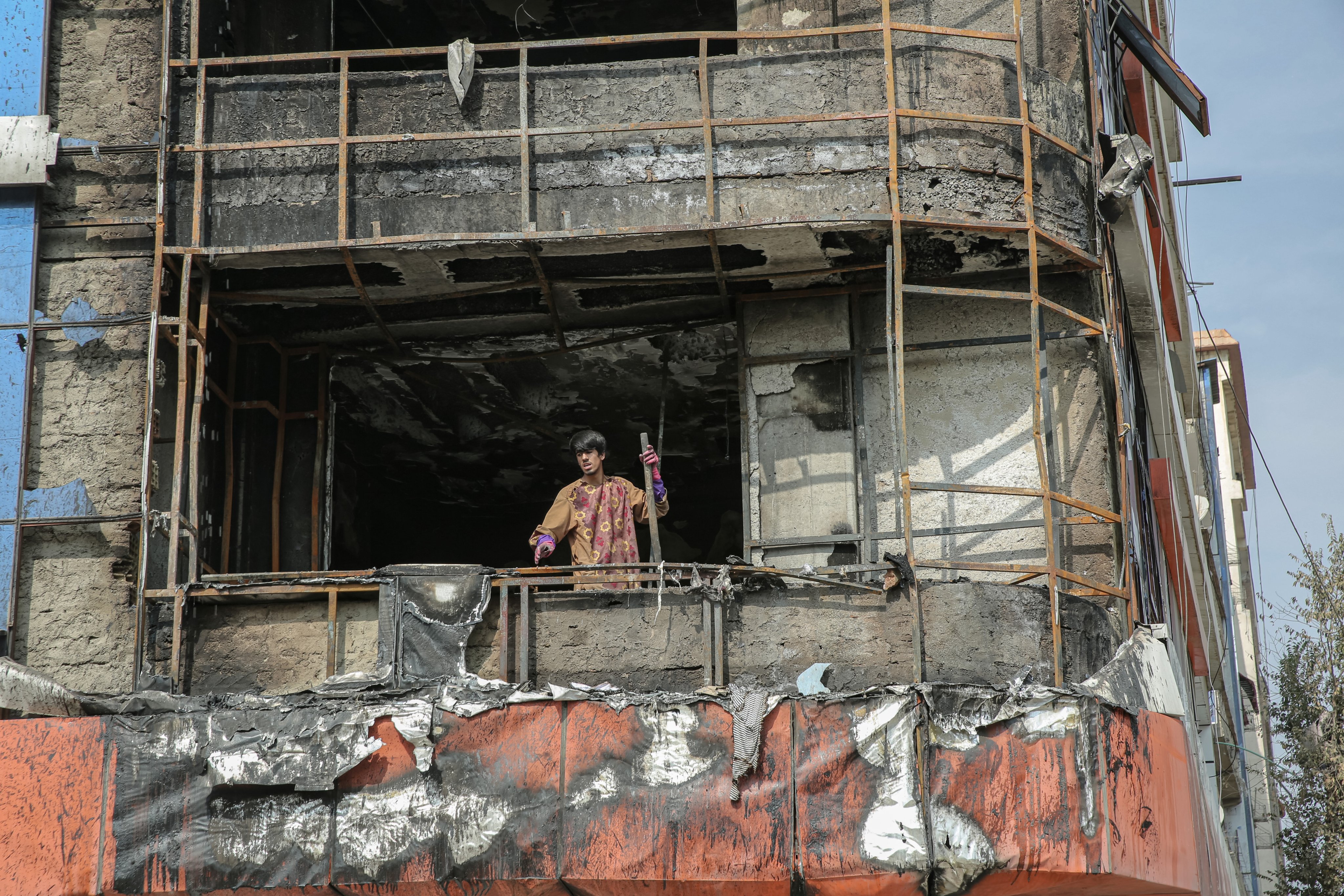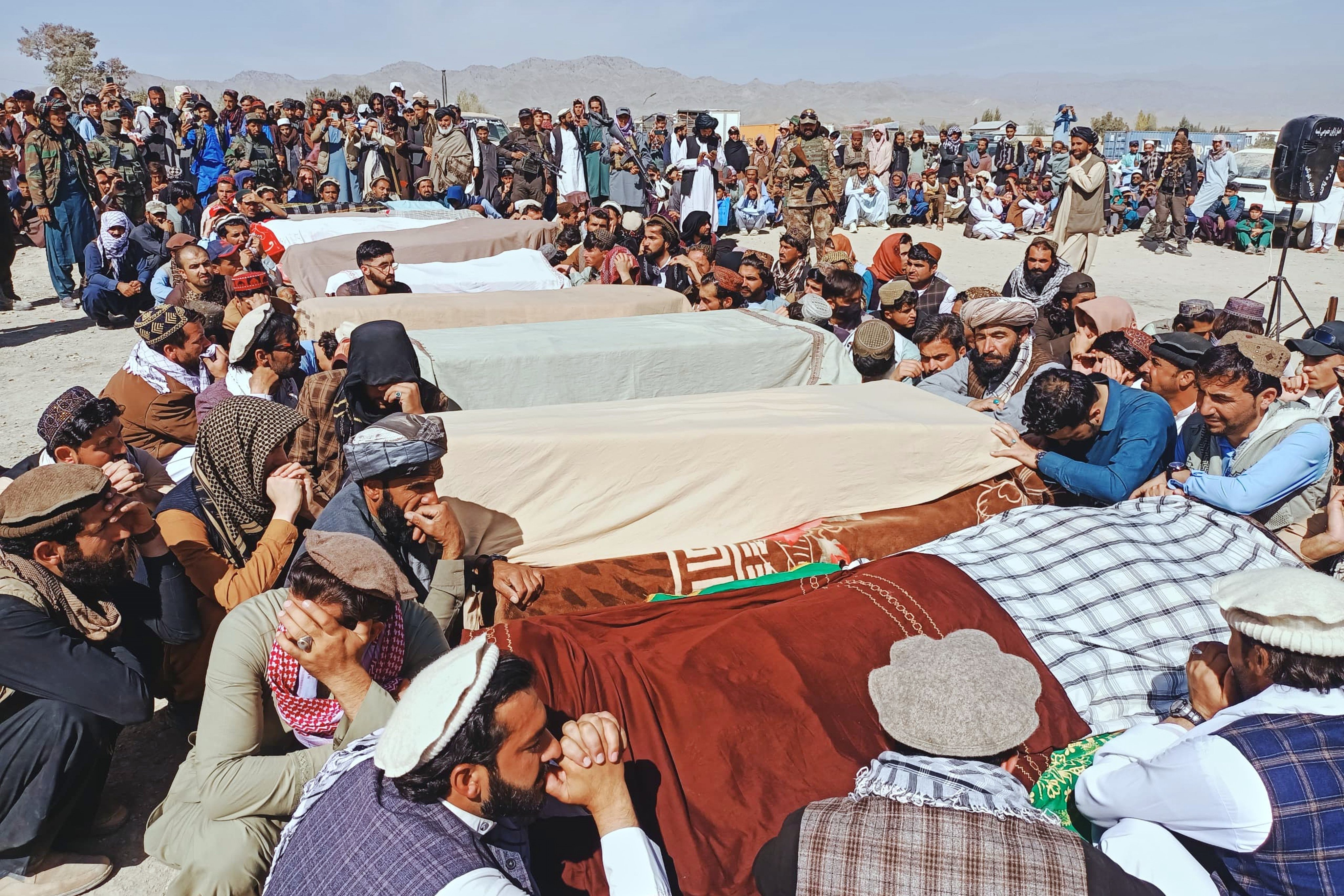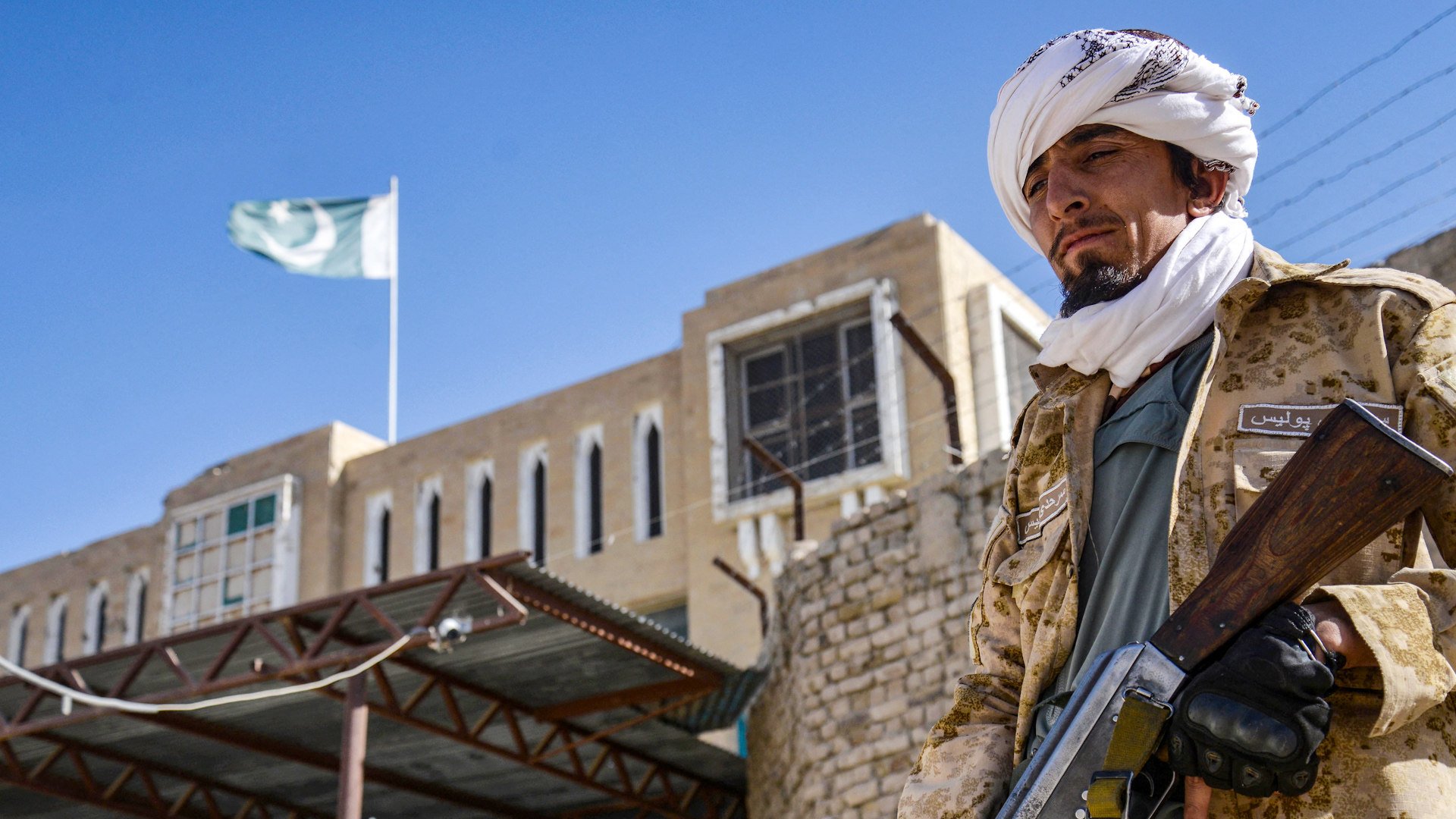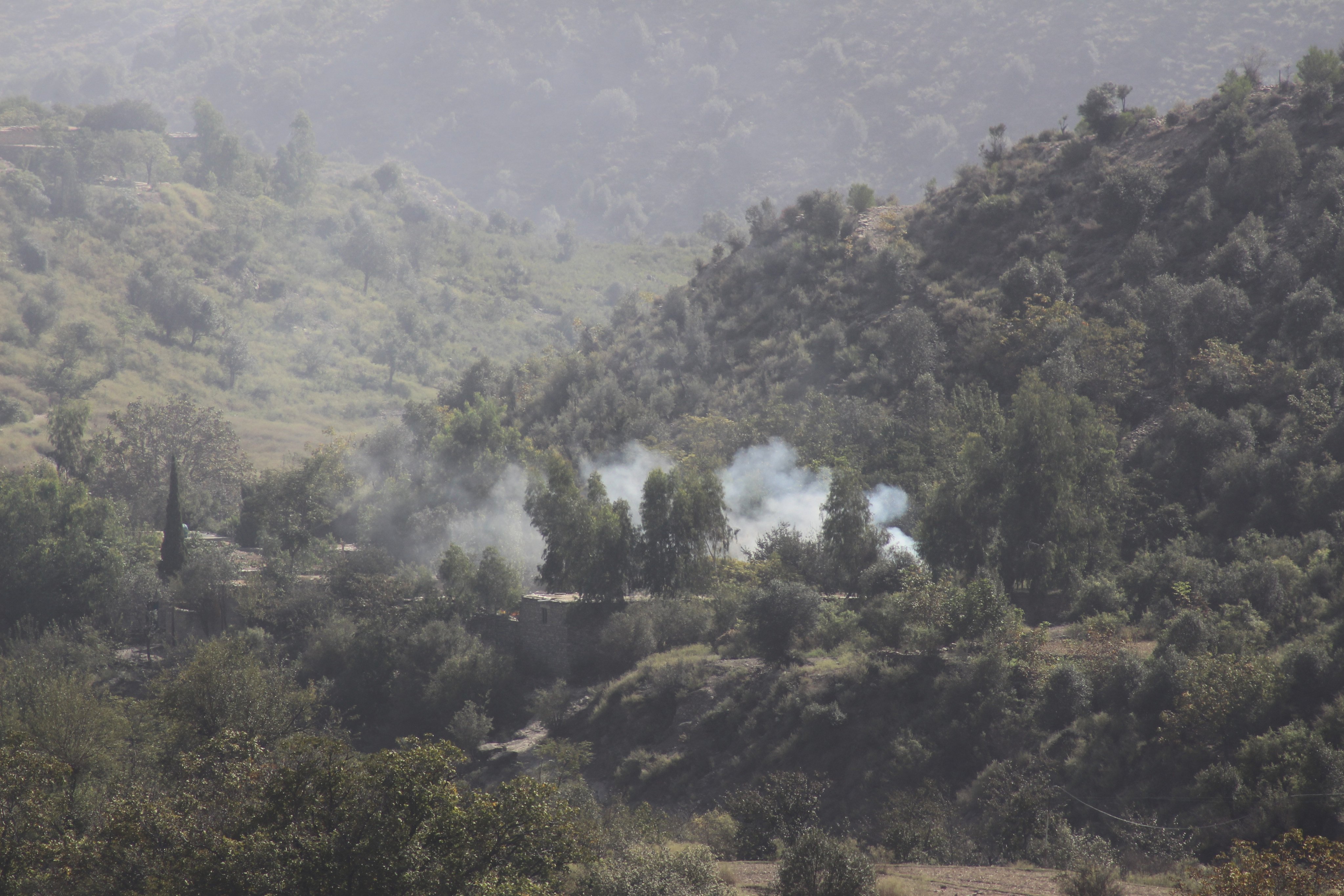Advertisement
Advertisement
TOPIC
Taliban
Taliban
The Taliban is a Deobandi Islamic fundamentalist, militant Islamist, and jihadist political movement that presently controls all of Afghanistan. It emerged in September 1994 as one of the prominent factions in the Afghan Civil War and largely consisted of students (talib) who had been educated in traditional Islamic schools. The movement spread nationwide, and ruled around three-quarters of the country from 1996–2001, before being overthrown by a United States-led invasion in the aftermath of the September, 2001 terrorist attacks. In 2021, with the departure of the US military from the country, the Taliban claimed control of the entire country, to which it has applied a hardline interpretation of Islam.
Help preserve 120 years of quality journalism.
SUPPORT NOWAdvertisement
Advertisement
Advertisement
Advertisement
Advertisement
Advertisement
Advertisement
Advertisement
Advertisement
Advertisement
Advertisement
Advertisement
